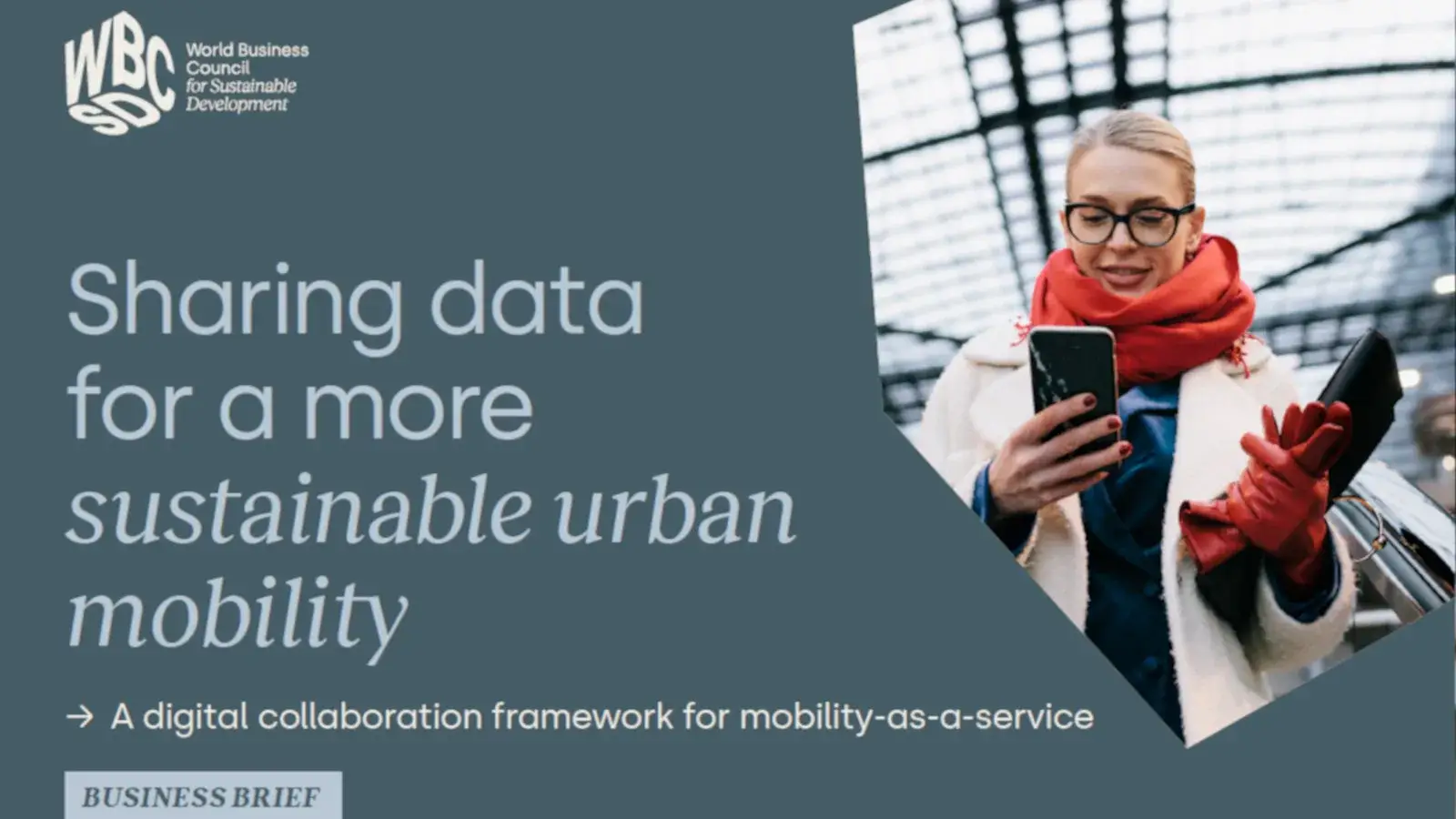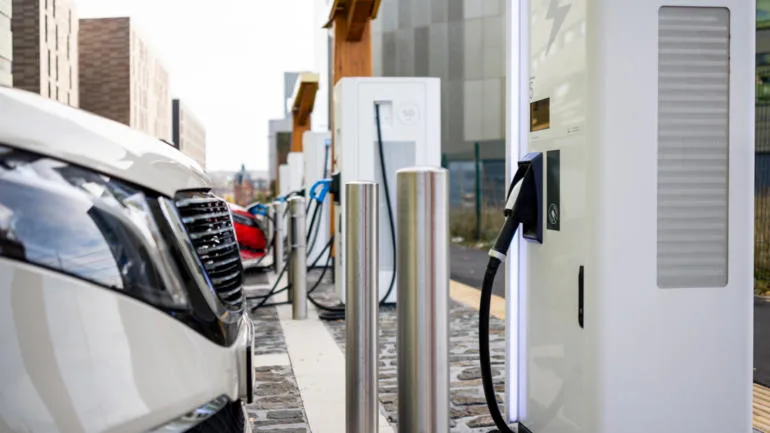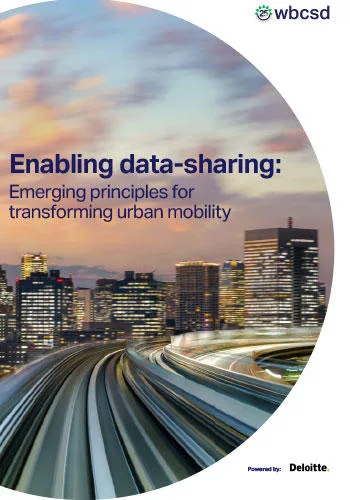Meeting the Paris Agreement climate goals requires electrification of transport at an unprecedented pace as well as a steep increase in transport efficiency to account for expected increases in passenger mobility demand.
Mobility-as-a-service (MaaS) is a recognized solution for a more efficient and user-centric mobility by digitally integrating transport modes into one service platform and providing a new form of mobility management linking physical assets, mobility governance and users. By presenting commuters with seamless multimodality (i.e. simple change of transport modes along one journey) and facilitating modal shift to shared and active modes, MaaS can contribute to savings up to 15% of CO2 emissions from urban mobility in 2050.
MaaS requires all stakeholders to exchange essential data to optimize multimodal travel efficiency and decarbonization benefits. Data sharing enables basic MaaS functionality and allows to optimize the decarbonization and social benefits it can deliver.
WBCSD members demonstrated how, by leveraging more and better mobility data into MaaS applications and digital tools (e.g. digital twins), mobility providers can deploy more effective and responsive mobility services, reduce investment risks by improving predictability, while increasing the effectiveness of existing mobility services.
This business brief outlines opportunities and an action agenda for companies and governments planning and providing mobility services to leverage digital collaboration and optimize the social and environmental impact of MaaS.




